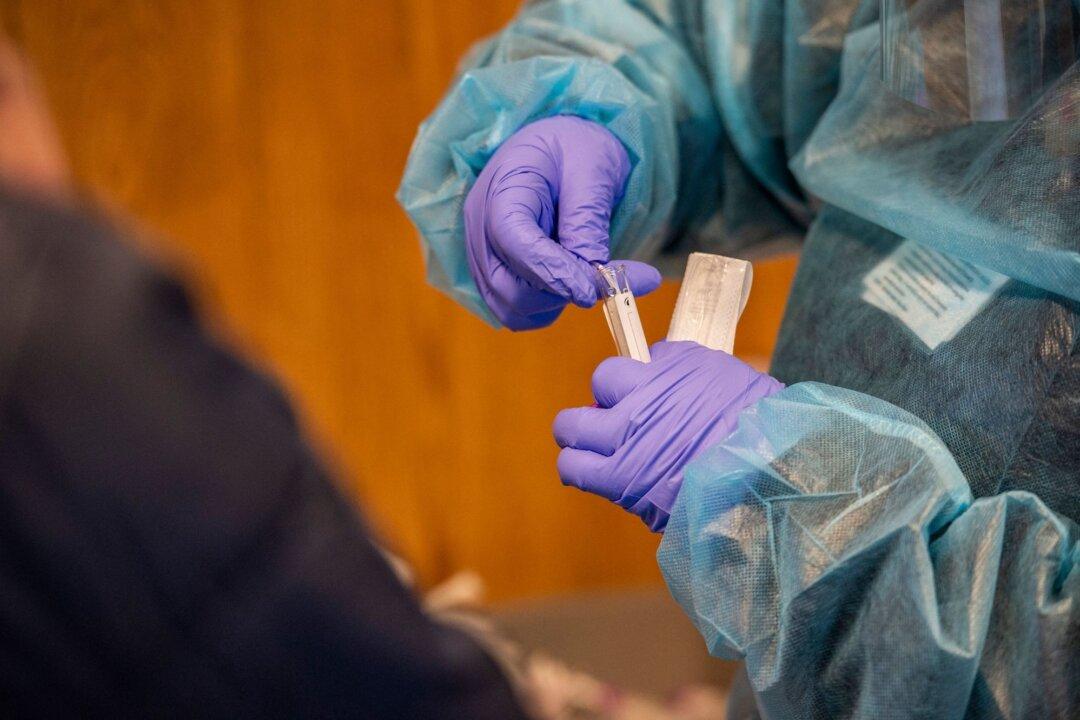Commentary
Sometimes there’s a simple, commonsense way to refine public policy. Surely there’s need for a better public health policy to address the COVID-19 pandemic. It’s time to let medical evidence overcome stubbornness by public health agencies and disagreements among physicians. It’s time to give Americans medical choice without sacrificing public health.





